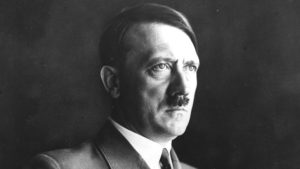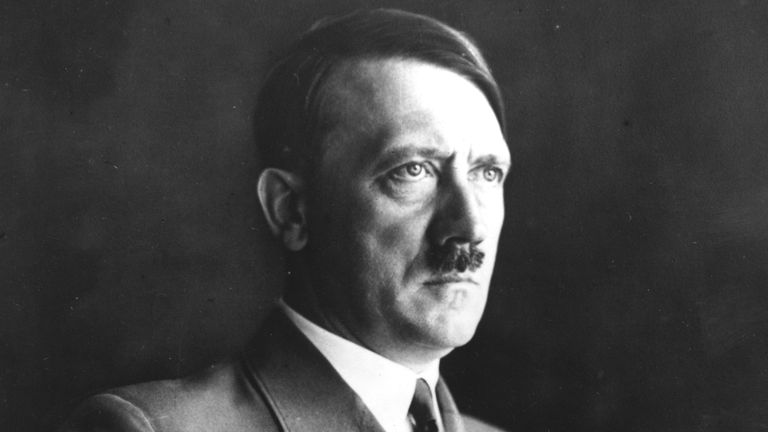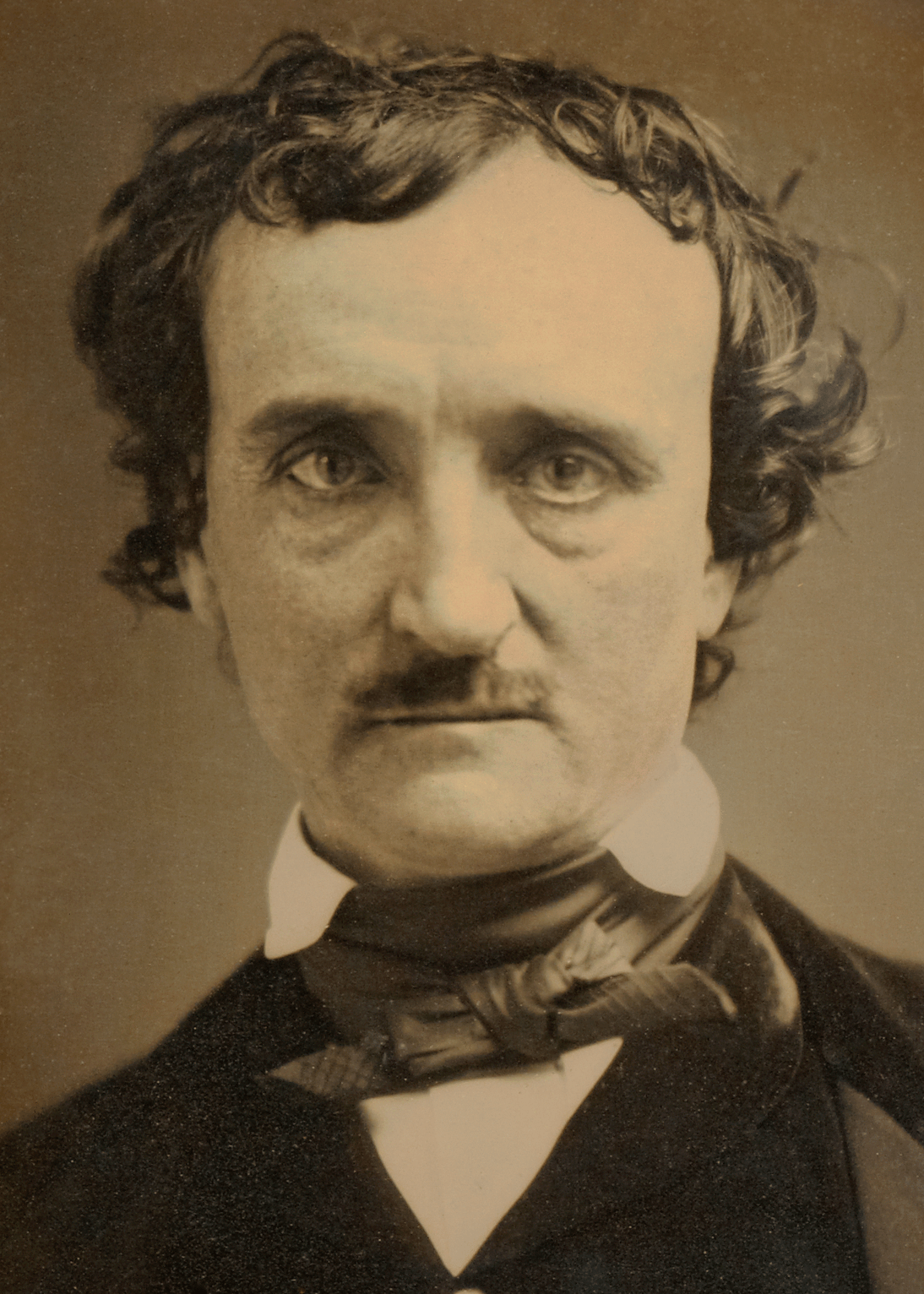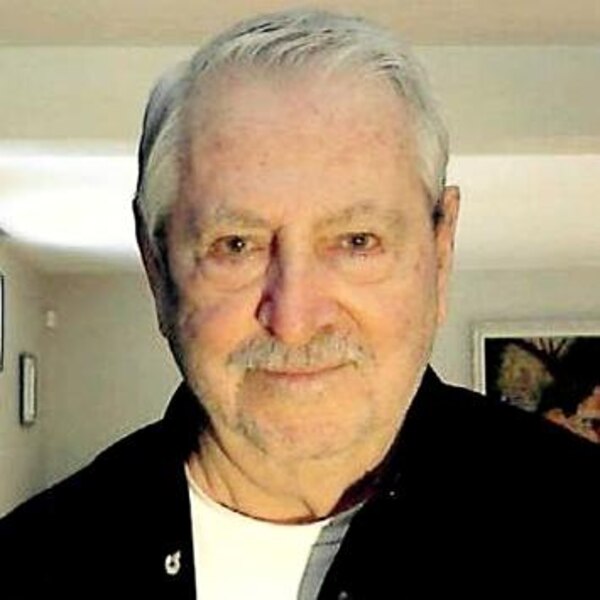Last Updated on June 29, 2024 by
Table of Contents
Adolf Hitler Early Life
Adolf Hitler April 20, 1889 – April 30, 1945) was an Austrian-born German politician who served as Germany’s dictator from 1933 to 1945. He rose to prominence as the leader of the Nazi Party, first as the chancellor in 1933 and then as Führer und Reichskanzler in 1934. He started World War II in Europe during his dictatorship by invading Poland on September 1, 1939. Throughout the war, he was intimately involved in military operations and played a key role in the Holocaust, the killing of approximately six million Jews and millions of other victims.

Hitler was born and raised in Austria-Hungary, near Linz. Later in the first decade of the 1900s, he lived in Vienna before relocating to Germany in 1913. During World War I, he was recognized for his service in the German Army. He joined the German Workers’ Party (DAP), the predecessor to the Nazi Party, in 1919 and was named its head in 1921. In a failed coup in Munich in 1923, he sought to gain governmental authority and was sentenced to five years in prison. He dictated the first volume of Mein Kampf, his autobiography and political manifesto, while incarcerated (“My Struggle”). Hitler gained popularity after his early release in 1924 by criticizing the Treaty of Versailles and promoting fascism.
The Nazi Party had the most seats in the German Reichstag by November 1932, but not a majority. As a result, no party has been able to create a parliamentary majority in favor of a chancellor candidate. On January 30, 1933, President Paul von Hindenburg was convinced by former chancellor Franz von Papen and other conservative leaders to appoint Hitler as chancellor. The Reichstag passed the Enabling Act of 1933 shortly after, kicking off the process of transforming the Weimar Republic into Nazi Germany, a one-party dictatorship founded on Nazism’s totalitarian and dictatorial worldview.
World War I
To confront what he perceived as the injustice of the post-World War I international order headed by Britain and France, Hitler sought to expel Jews from Germany and establish a New Order. His first six years in office saw a swift economic recovery from the Great Depression, the lifting of post-World War I constraints on Germany, and the annexation of regions populated by millions of ethnic Germans, all of which helped him gain public support.
Hitler returned to Munich after World War I. He stayed in the army despite having no formal education or prospects for a profession. In July 1919, he was deployed to an Aufklärungskommando (reconnaissance unit) of the Reichswehr as a Verbindungsmann (intelligence agent) to influence other troops and join the German Workers’ Party (DAP). Party Chairman Anton Drexler was pleased by Hitler’s oratorical skills at a DAP meeting on September 12, 1919. He handed him a copy of his pamphlet My Political Awakening, which was anti-Semitic, nationalist, anti-capitalist, and anti-Marxist. Hitler asked to join the party on the orders of his army commanders, and was admitted as member 555 within a week (the party began counting membership at 500 to create the impression they were a much larger organization).
Red Army and Western Allies
Both the Red Army and the Western Allies were moving into Germany by late 1944. Recognizing the Red Army’s strength and will, Hitler opted to deploy his remaining mobile forces against the American and British troops, which he considered to be significantly weaker. On December 16, he launched the Ardennes Offensive in order to sow discord among the Western Allies and persuade them to join him in fighting the Soviets. The offensive fizzled after a few brief victories. In January 1945, with most of Germany in ruins, Hitler declared on the radio, “However terrible the crisis may be at this time, it will, despite everything, be handled by our unalterable will.”
Hitler cultivated a public image as a celibate man with no family, devoted solely to his political objective and the welfare of his country. He met Eva Braun, his sweetheart, in 1929, and they married on April 29, 1945, one day before they both committed themselves. His half-niece, Geli Raubal, shot herself in the head with Hitler’s revolver in his Munich apartment in September 1931. Geli was rumored to be in a romantic relationship with him, and her death was a source of intense, long-lasting anguish for her peers. In June 1960, Paula Hitler, Hitler’s younger sister and the last living member of his immediate family, died.
Religion
Hitler was born to a devout Catholic mother and an anti-cleric father, but he never went to Mass or received the sacraments after leaving home. Hitler screamed against the church to his political colleagues, according to Speer, and despite the fact that he never officially left it, he had no loyalty to it. He goes on to say that Hitler believed that without organized religion, people would gravitate to mysticism, which he saw as retrograde. According to Speer, Hitler believed that, because of its “meekness and flabbiness,” Japanese religious ideas or Islam would have been a better fit for Germans than Christianity.
Read more on biography2me.org








